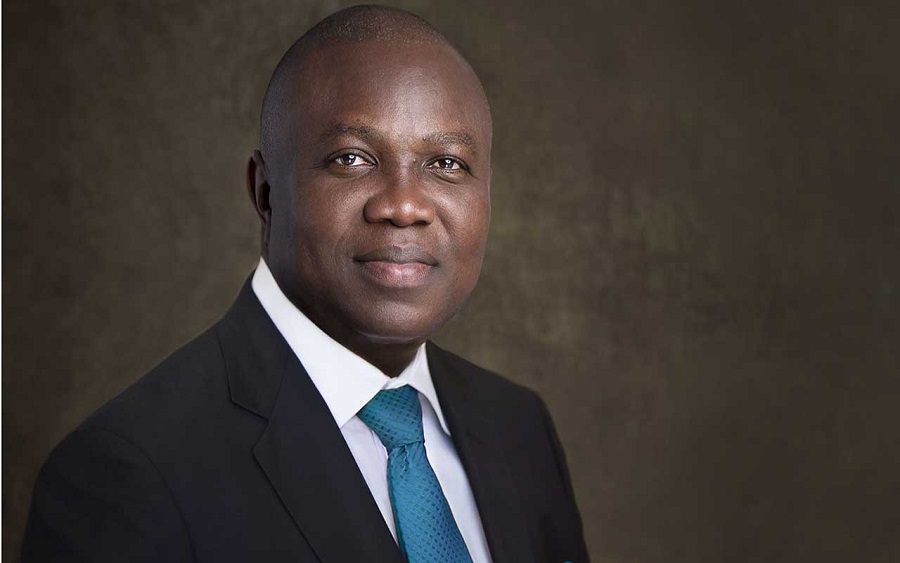The total Internally Generated Revenue (IGR) by all states in Nigeria hits N1.16tn in 2018. This is revealed in the latest full year IGR report released by the National Bureau of Statistics (NBS), covering the year 2018.
According to the NBS report, the latest IGR data indicates a positive growth of 22.79% quarter on quarter and 24.82% Year on Year. Specifically, in 2017 total IGR was 936.4bn, thereby increased to 1.16trn
The breakdown shows that Lagos State maintained a distant top as it recorded the highest IGR of N382.1 billion in 2018, followed by Rivers State (N112.7bn) and Ogun State (N84.5bn).
Similarly, IGR for states in the fourth quarter shows that IGR figure hit N324.59bn compared to N264.34bn recorded in Q3 2018. This indicates a positive growth of 22.79% quarter on quarter and 24.82% year on year.
Top ten states with highest IGR in 2018: The top 10 states in Nigeria in term of 2018 IGR accounted for 71 percent of total IGR. The breakdown shows that the top 10 states accumulated a total of N830.2bn IGR in 2018.
North East zone dominated 10 states with the least IGR: In the NBS report, data shows that the North East region dominated the 10 states. The North Eastern States include: Adamawa, Bauchi, Borno, Gombe, Taraba and Yobe States.
Overall, the 10 States with least IGR recorded N62.4bn in 2018. On the top ten list are: Nassarawa, Gombe, Katsina, Borno, Ekiti, Adamawa, Ebonyi, Taraba, Kebbi and Yobe States. Five out of these states with the lowest IGR are from the North East zone of Nigeria. This further suggests the reasons behind the low level of underdevelopment in the region.
Lagos tops IGR in last quarter 2018: All states including the FCT generated a total of N324.5bn IGR in the last quarter of 2018. Some highlights are revealed below:
- Thirty-one (31) states and the FCT recorded growth in IGR
- Five (5) states recorded a decline in IGR
- Lagos recorded highest IGR in Q4, followed by Rivers and Ogun States
- Kebbi, Adamawa, and Yobe all recorded the least IGR in Q4.
Total IGR of Lagos state in 2018 larger than all states in Q4 IGR: For the full year 2018, Lagos state also tops with N382bn. When this is compared with the N324.5bn IGR generated by all the states in Q4, shows that over one-fourth of IGR in Nigeria is generated in Lagos. Specifically, 33 percent of total IGR in 2018 is accruable to Lagos State.
South-West and South-South zones control 71% of IGR in 2018: Unsurprisingly, the IGR data shows that about N788bn out of 1.1trn recorded across all states excluding FCT. It indicates that 71.4% of the total IGR was from these two zones in the country. Southwest generated N533bn, while South-South recorded N225bn.
High IGR deprived of developments: The IGR data shows that two zones recorded more IGRs, and this has reflected in their levels of development as well. Specifically, South West recorded the lowest unemployment in the third quarter of 2018. What this shows is that the low level of unemployment could be traced to the high level industrialization in the zone, which pressures down unemployment. This means the economy of this zone is on a growth path.
However, South-South region ranks second in IGR, but the zone recording the highest unemployment rate in the country. This suggests that the zone may be witnessing an unbalanced growth pattern, where IGR is skewed towards the oil-related revenue which does not have high labour absorptive capacity.
Lastly, the Northern zones of Nigeria, which generated onky 28% of IGR, really need to do more to attract development across the region. Although unemployment is relatively average, underemployment remains quite high. Agriculture is the dominant sector in these regions, and the moribund state of the sector in Nigeria may be responsible for the low IGR.
[Also Read: Delta State takes the biggest share of states FAAC allocation]
Recently, the Vice President, Yemi Osinbajo, reportedly charged States to emulate Lagos State in terms of IGR and minimum wage.
“Lagos State, the highest IGR earner, was earning N600m in IGR when the minimum wage was increased from N7,500 to N18,000 — about 140 percent increase. We are confronted again with the new increase in the minimum wage. So, as scripture says, ‘There is nothing new under the sun. We must confront the problem, not merely by hoping that the Federal Government can do more.
“Already, our deficit is close to N2trn, while debt service is somewhere in the order of 54 per cent. States must, in the next few years, earn more in IGR.
